Faith, violence, protest in a fragmented world

The assassination of Charlie Kirk in Utah shocked not just America but the wider world. Kirk, the conservative activist who built his career on politicizing Christianity into a populist weapon, was silenced by a sniper’s bullet. His death instantly transformed him into a martyr for his followers, a symbol of a society where faith and ideology have fused into combustible identity politics.
We should not misread the tragedy as purely American. Kirk’s story, his life and his death, illuminates how religion and politics entwine across borders, often producing not peace but polarization. His death is not only a story of American conservatism but also a reminder of what happens when faith is captured by politics and weaponized for cultural battles.
Consider Nepal. Decades of political turmoil have taught Nepalis to view power with suspicion. Citizens have repeatedly taken to the streets, demanding that democracy be more than a slogan. Religion exists there, but protest draws legitimacy from civic solidarity rather than sacred texts. In recent years, mass demonstrations in Kathmandu have shown how ordinary citizens, weary of corruption and dynastic rule, continue to challenge elites who betray democratic promises.
Indonesia offers another lesson. Students and ordinary people have stood up to curtailments of freedom, insisting that democracy means accountability. Their protests against revisions of the criminal code, which many feared would limit free speech and civil rights, reflected a society still negotiating the balance between majority religion and civic freedoms. These movements are messy, often unpredictable, and sometimes brutally suppressed. Yet they show that societies can mobilize collective courage without relying on religious authority to grant legitimacy.
Placed beside Kirk’s death, these stories form a mirror. In the United States, faith turned into ideology became a battlefield that invited bloodshed. In Nepal and Indonesia, protest, though imperfect, emerges from civic resolve to keep democracy alive. And here in the Philippines, Christianity sits uneasily between these poles.
Our history remembers a Church that sheltered dissidents during the Marcos years and that helped catalyze People Power. The sight of nuns and priests locking arms with workers and students on EDSA remains one of our most powerful national images. But we also know a Christianity that too often preaches patience in the face of corruption, forgiveness without accountability, and obedience rather than resistance. The very faith that inspired liberation theology in some quarters has, in others, become an instrument of passivity. This paradox is our inheritance: faith as liberation, faith as pacification.
Kirk’s death is not only a tragedy but also a warning. When religion becomes a political brand and claims to be the sole custodian of truth, it risks sanctifying grievance and even inviting violence. When leaders invoke Christianity not as a source of compassion but as a weapon against perceived enemies, the ground becomes fertile for extremism. In America, that extremism took Kirk’s life. In the Philippines, the danger is different but no less real. Here, it can take the form of a numbed conscience, a society unwilling to speak against injustice because religion has taught us to “pray, endure, and obey.”
The protests in Nepal and Indonesia remind us that dissent can be civic rather than sectarian. They remind us that faith need not be invoked to justify every political action, and that ordinary citizens can be trusted to demand accountability. Our Christianity, so deeply woven into every aspect of national life, should not anesthetize us into silence nor weaponize us into hostility. Instead, it should anchor a more expansive solidarity: recognizing the dignity of others, resisting authoritarian drift, and embracing the messiness of real democracy.
Kirk’s life shows us how faith can harden into ideology. His death shows us what happens when words and beliefs are no longer debated but fought with bullets. Nepal and Indonesia show us that ordinary citizens, with or without religious sanction, can demand change through collective courage. And the Philippines? We stand at the crossroads.
Will our Christianity pacify, polarize, or prophesize? Will it sanctify the status quo or speak truth to power? The answer may decide whether we avoid the tragedies of others or repeat them in our own way.
—————-
Prince Kennex R. Aldama is a sociologist and assistant professor in the University of the Philippines Los Baños. He was President of the Philippine Sociological Society






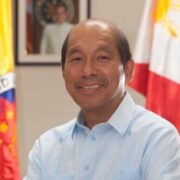
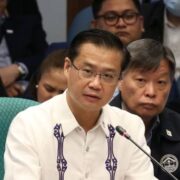
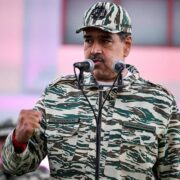

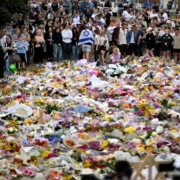
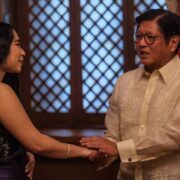
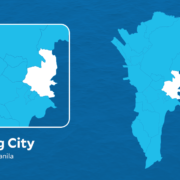




ICJ’s silence on gender aspect of climate justice